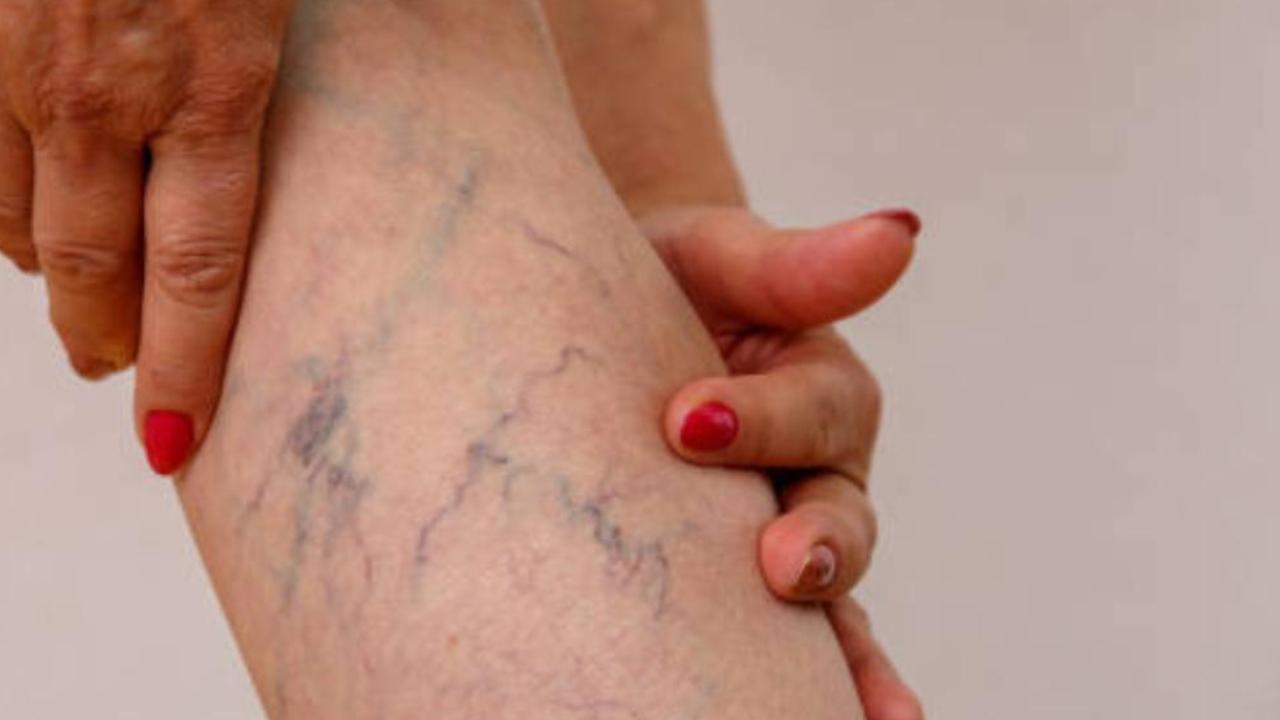Typical symptoms of varicose veins include sensations of heaviness, aching, throbbing, and itching; restlessness in the legs; fluid retention and swelling; muscle cramps; and leg ulcers in severe cases

Image for representational purposes only (Photo Courtesy: iStock)
If you are having ice-cold feet and feel heaviness in the legs it may indicate the presence of varicose veins -- swollen, twisted, and enlarged veins in legs or ankles, according to a study.
Varicose veins are usually caused by impaired functioning of the deep or superficial veins, and the perforator veins (short veins that link the superficial and deep venous systems in the legs).
The prevalence of varicose veins ranges from 2 to 30 per cent in adults, with women at higher risk. Typical symptoms include sensations of heaviness, aching, throbbing, and itching; restlessness in the legs; fluid retention and swelling; muscle cramps; and leg ulcers in severe cases.
Cold hypersensitivity is often underestimated as a subjective symptom, said researchers from Chung Shan Medical University in Taiwan.
Their study, published in the open-access journal Open Heart, showed that moderate to severe cold hypersensitivity was associated with a 49-89 per cent heightened likelihood of varicose veins compared with no hypersensitivity.
Similarly, four times as many people with varicose veins had heavy legs as those without the condition.
Notably, job type was an influential factor in developing the condition. Jobs involving prolonged standing were associated with a 45 per cent higher likelihood of varicose veins.
The association between cold hypersensitivity and heavy legs was significant.
The team noted the link between sensation of coldness in developing varicose veins is often overlooked in clinical practice.
“However, our study showed the presence of a moderate-to-severe degree of hypersensitivity to cold in the lower extremities, which has hitherto been underestimated as a subjective symptom associated with varicose veins," said Yung-Po Liaw and the team from the varsity, in the paper.
“Of note is the significance of the concurrent symptoms of heaviness and cold feet. When these symptoms coexist, the likelihood of confirming the presence of varicose veins is notably amplified compared with individuals without such symptoms,” the team added.
The study included 8,782 participants aged between 30 and 70 with moderate and severe varicose veins. They were quizzed about their hypersensitivity to cold in their feet and the extent to which they felt heaviness in their legs.
In all, 676 participants said they had moderate to severe varicose veins.
The team noted that this is an observational study, and as such can’t establish causal factors.
This story has been sourced from a third party syndicated feed, agencies. Mid-day accepts no responsibility or liability for its dependability, trustworthiness, reliability and data of the text. Mid-day management/mid-day.com reserves the sole right to alter, delete or remove (without notice) the content in its absolute discretion for any reason whatsoever
 Subscribe today by clicking the link and stay updated with the latest news!" Click here!
Subscribe today by clicking the link and stay updated with the latest news!" Click here!








